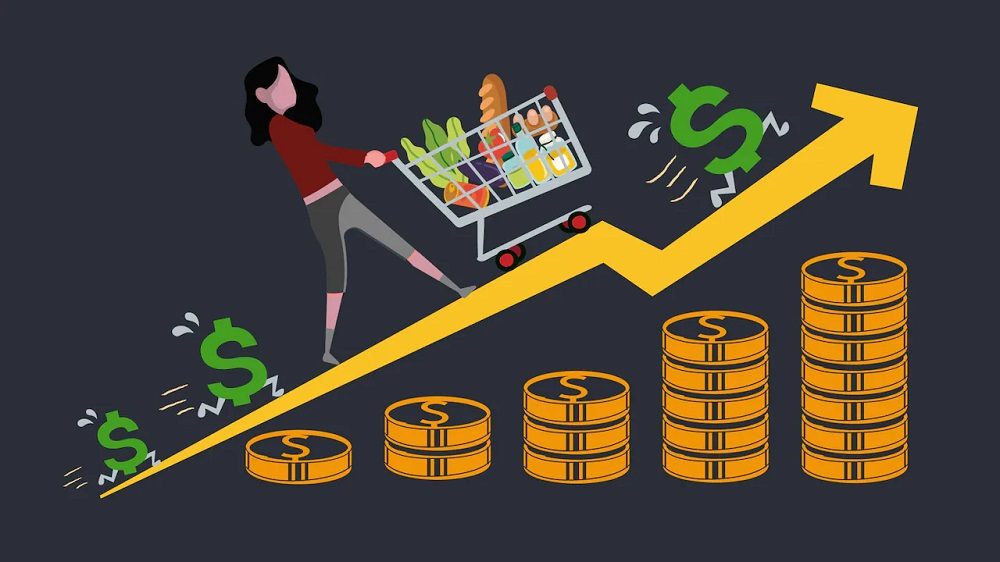
The Effects of Rising Inflation

Inflation is a phenomenon that describes a general increase in the prices of goods and services in an economy. It occurs when an economy’s money supply exceeds the supply of goods and services available for purchase. Inflation can have significant effects on individuals, businesses, and the economy as a whole. To understand the effects of inflation, we have mentioned some examples below:
Reduced Purchasing Power
Inflation can lead to reduced purchasing power. When prices rise, the value of money decreases. This means the same amount of money can be spent on fewer goods and services. As a result, people may need to spend more money to maintain their standard of living. This can be particularly difficult for low-income households, who may struggle to afford necessities.
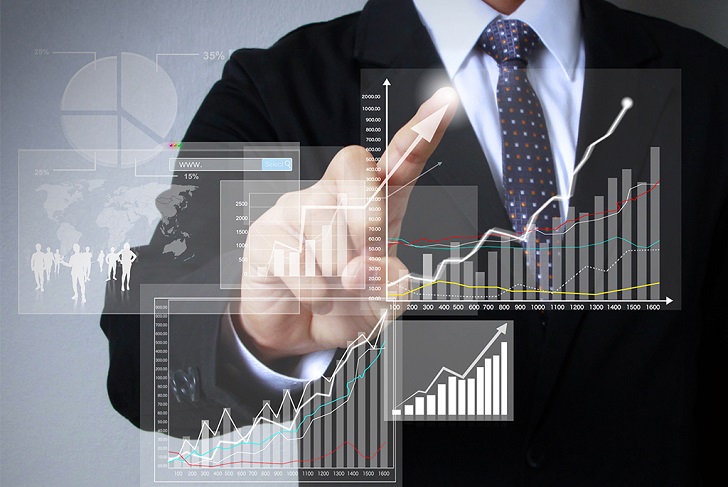
Pixabay/ Pexels | Nothing so weakens a government as inflation
Impact on Savings and Investments
Inflation can also have an impact on savings and investments. When the value of money decreases, the purchasing power of savings and investments also decreases.
For example, if someone has saved $10,000 in a savings account with an interest rate of 2%, but inflation is running at 3%, their savings will decrease over time. This means they will be able to purchase fewer goods and services with their savings in the future.
Wage Stagnation
Inflation can also lead to wage stagnation. When prices rise, businesses may need to increase wages to compensate their employees. However, workers may effectively receive a pay cut if wages do not keep up with inflation. This can make it difficult for workers to maintain their standard of living and lead to workforce dissatisfaction.
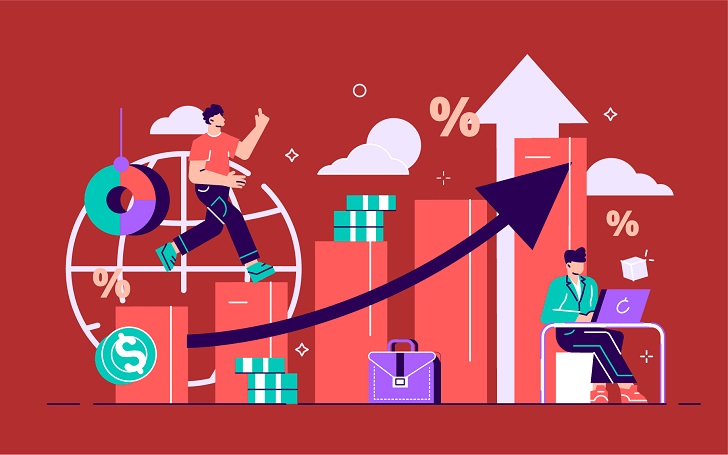
Marc Emmer/ Getty Images | Our necessities are few, but our wants are endless
Interest Rates
Inflation can also impact interest rates. Central banks may raise interest rates to control inflation. This can be beneficial for savers, as it increases the return on their savings.
However, it can also be detrimental to borrowers, as it increases the cost of borrowing money. This can lead to decreased consumer spending and investment, slowing economic growth.
International Trade
Inflation can also have an impact on international trade. If the inflation rate in one country is higher than that in another, then the first country’s exports will become relatively more expensive.
This can lead to a decrease in demand for the country’s exports and can negatively impact its economy. Additionally, inflation can lead to fluctuations in exchange rates, making it difficult for businesses to plan and invest.
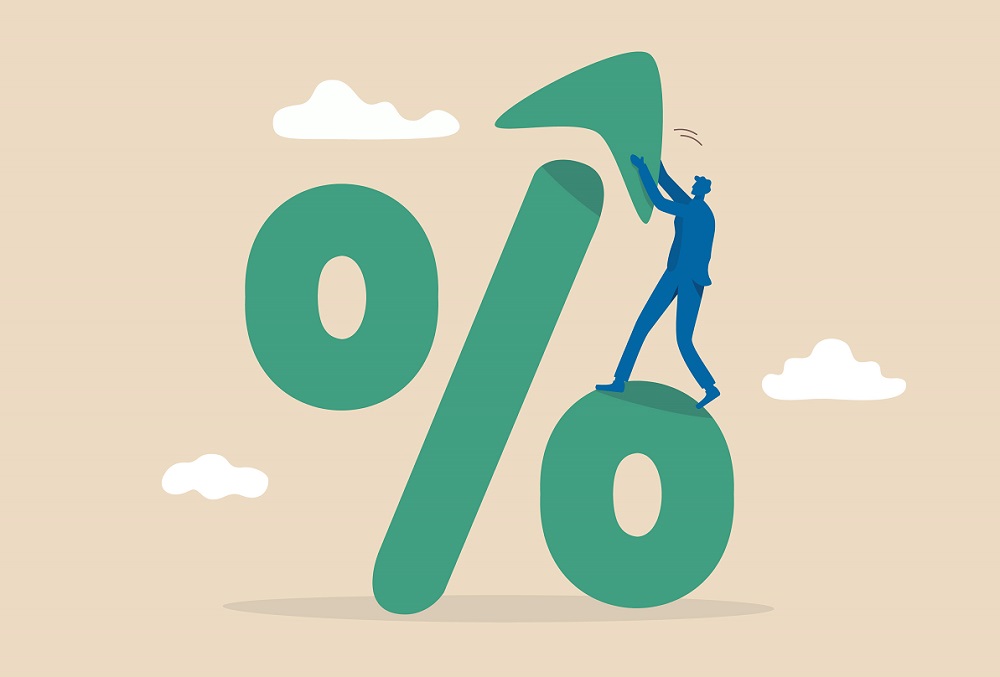
Pixabay/ Pexels | Investment is a flighty bird that needs to be controlled
Social and Political Implications
Inflation can also have social and political implications. High inflation rates can lead to unrest and social unrest. For example, if prices rise too quickly, people may protest or riot to demand better living conditions.
Inflation can also impact the political climate. Governments may need to implement policies to control inflation, such as raising interest rates or cutting government spending. These policies can be unpopular and may lead to political instability.
More in Loans & Mortgages
-
`
Curious About Travis Kelce’s Net Worth? Here’s the Scoop!
Travis Kelce’s name echoes through NFL stadiums, synonymous with athletic prowess and electrifying plays. But beyond his touchdown celebrations and record-breaking...
June 10, 2024 -
`
Everything You Need to Know About an Assumable Mortgage
What is an Assumable Mortgage? Whether you are a buyer or a seller, understanding the concept of assumable mortgages can open...
June 6, 2024 -
`
Layoff vs. Fired – Understanding the Crucial Differences
When it comes to job loss, understanding the distinction between being layoff vs. fired is crucial. While both situations result in...
May 30, 2024 -
`
When Are Business Taxes Due 2024? Essential Dates and Deadlines
Tax deadlines can be daunting, but fear not! Let’s break down everything you need to know to stay on top of...
May 22, 2024 -
`
How Much Does Jeff Bezos Make Per Hour? It’s More Than You Think!
Jeff Bezos, a name synonymous with innovation and wealth, stands as one of the world’s richest individuals. While Bernard Arnault and...
May 16, 2024 -
`
What is Portfolio Investment Entity (PIE) and How Can it Benefit You?
In the intricate world of finance, individuals seek avenues to optimize their investments while minimizing risks. One such avenue gaining traction...
May 9, 2024 -
`
What is a Bank Statement? Understanding its Definitions, Benefits, and Prerequisites
Ever wondered where your money goes? A bank statement is like a financial report card, giving you a clear picture of...
April 30, 2024 -
`
Branded Content: A Genuine Way to Connect With Your Audience
Have you ever binge-watched a series on Netflix, only to later realize that the beverage everyone’s sipping on is that brand...
April 23, 2024 -
`
What Car Does Jeff Bezos Drive? Find Out Inside His Exclusive $20 Million Collection
Have you ever wondered what car does Jeff Bezos drive? This man’s tastes in vehicles are as expansive as his business...
April 17, 2024







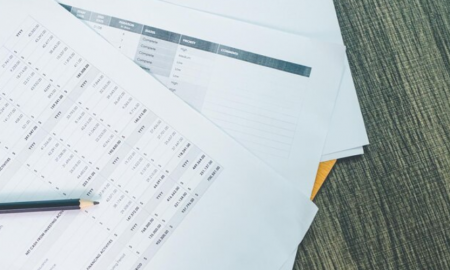


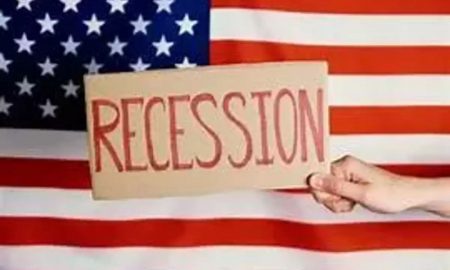
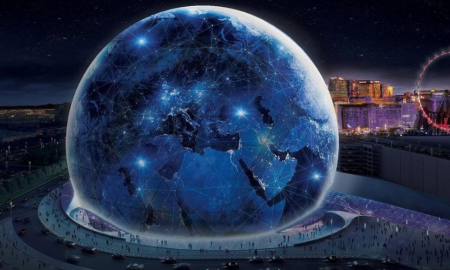
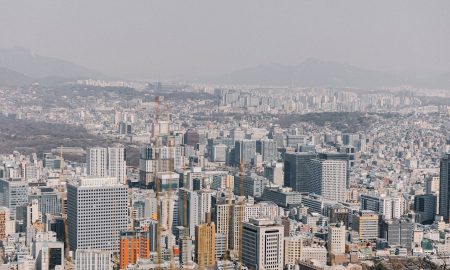


You must be logged in to post a comment Login